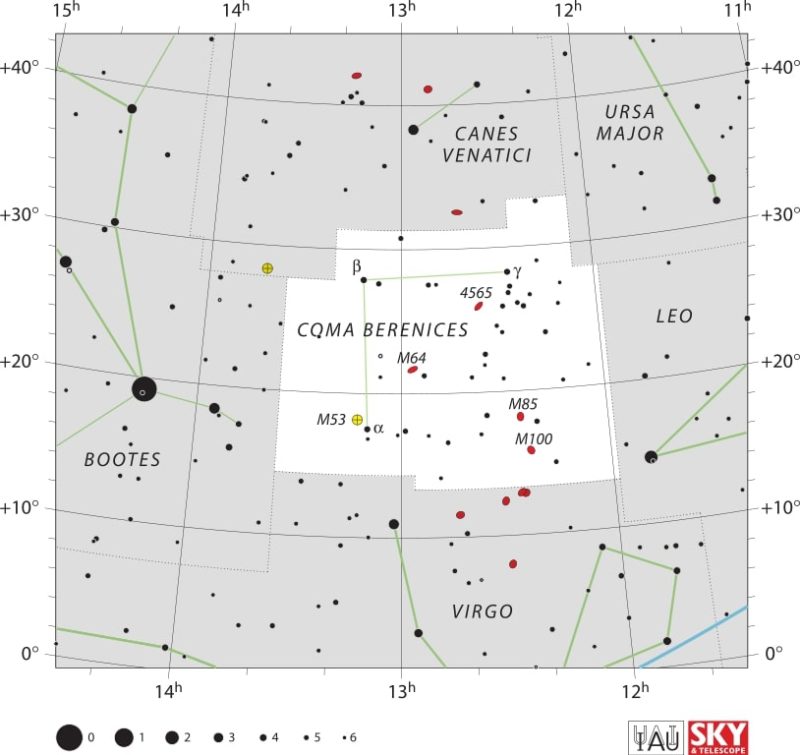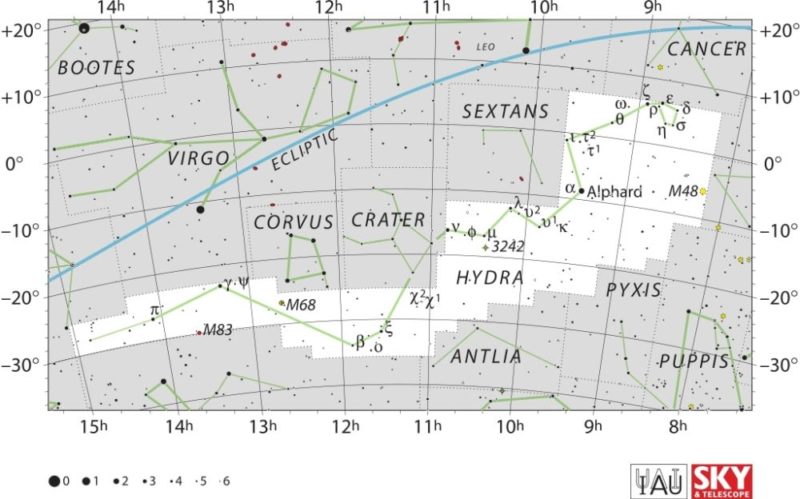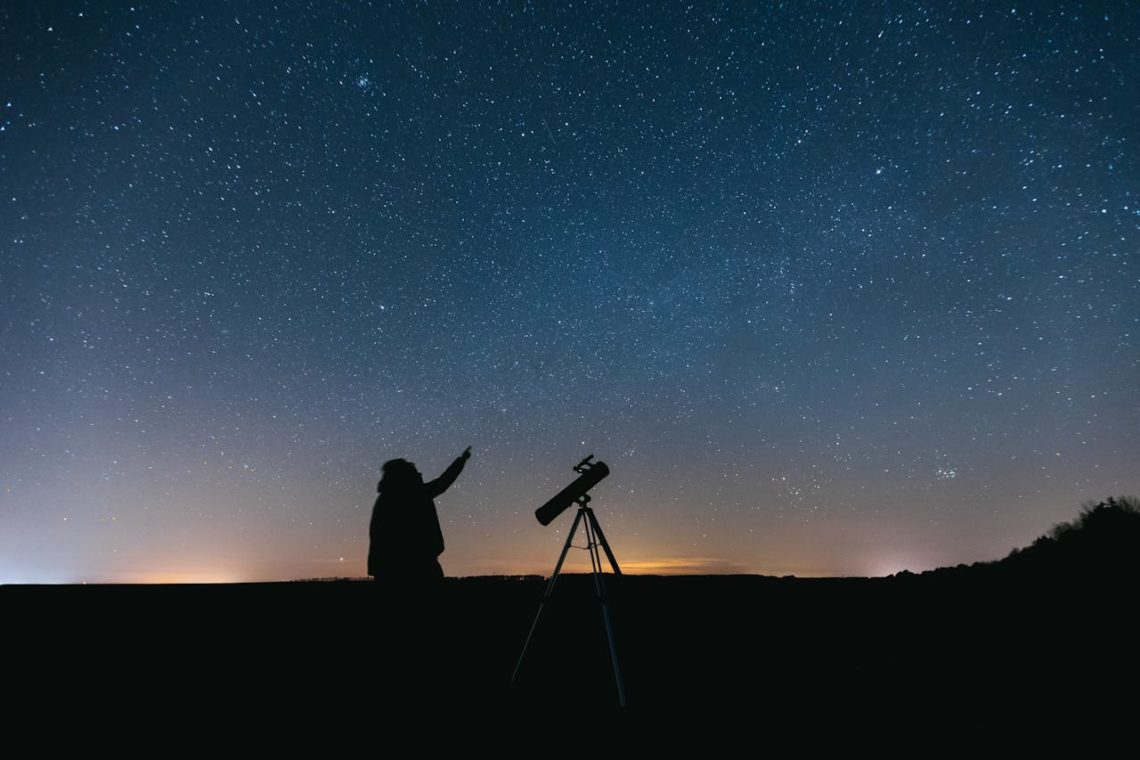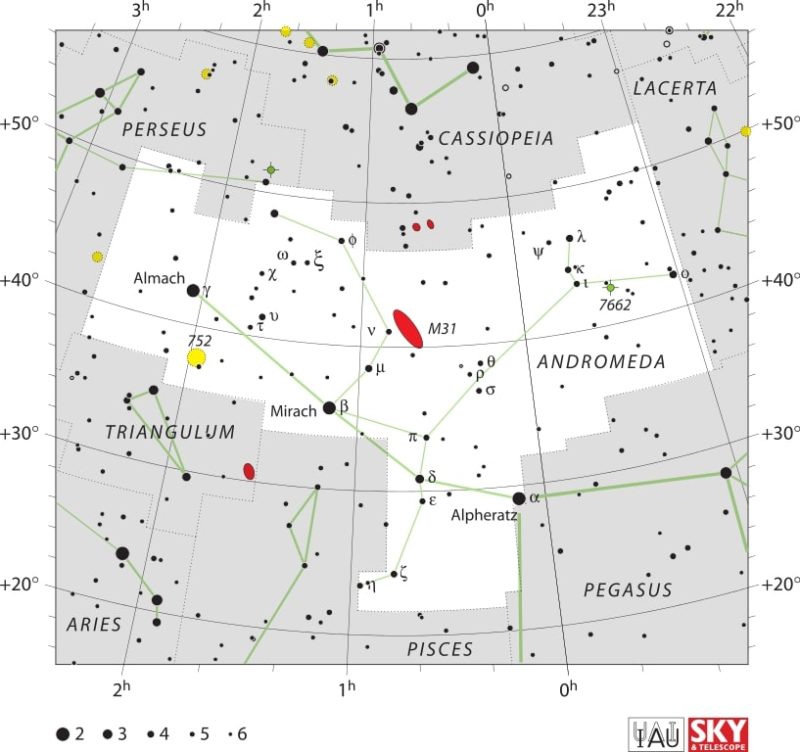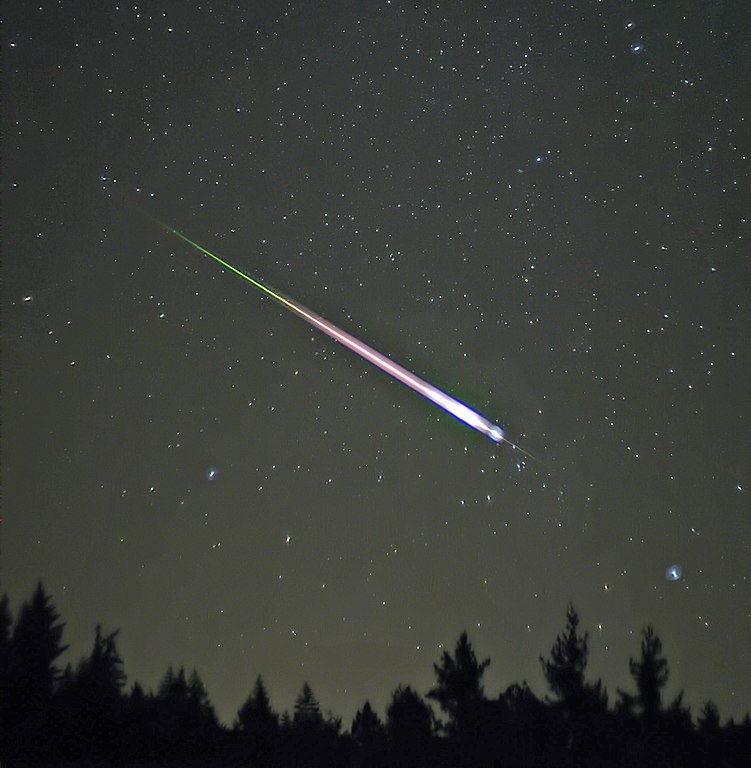Space
Embark on an astronomical journey. Explore the cosmos, study celestial objects, and unravel the mysteries of the universe through astronomy's fascinating realm.
Quadrantid Meteor Shower Guide
Learn about the Quadrantid meteor shower, its brief January peak, asteroid origins, and how to spot fast bright meteors in dark winter skies.
Stargazing Calendar for January 2026
Explore stargazing January 2026 highlights, from planets and meteor showers to comets and lunar events. A practical astronomy guide for observers.
What Is the Antihelion Source Meteor Shower?
The Antihelion source meteor shower is a celestial event where meteors streak from a point opposite to the Sun in the sky, offering a unique show.
Ursid Meteor Shower Guide
Watch the Ursid meteor shower, peaking December 22, and learn how to spot calm winter meteors from comet 8P/Tuttle under dark skies at night.
December Leonis Minorid Meteor Shower Guide
Learn how to watch the December Leonis Minorid meteor shower, peaking December 20, with tips for spotting faint fast meteors in dark skies.
Comae Berenicid Meteor Shower Guide
Explore the Comae Berenicid meteor shower, a faint mid December display from Coma Berenices, with tips for spotting meteors under dark skies.
Geminid Meteor Shower Guide
Learn how to watch the Geminid meteor shower, famous for bright December fireballs from asteroid 3200 Phaethon, with peak viewing tips inside.
Lambda Sculptorid Meteor Shower Guide
Discover the Lambda Sculptorid meteor shower, its link to comet 46P/Wirtanen, peak on December 12, and tips for spotting these faint meteors.
Sigma Hydrid Meteor Shower Guide
Explore the faint Sigma Hydrid meteor shower, its Hydra connection, peak on December 11, and tips for spotting these swift, subtle meteors.
Monocerotid Meteor Shower Guide
Discover the Monocerotid meteor shower, a fast and faint December display near Monoceros, and learn how to watch its brief peak under dark skies.
Puppid-Velid Meteor Shower Guide
Learn how to watch the Puppid-Velid meteor shower and enjoy its subtle December charm with tips for the best views in the Southern Hemisphere.
The Cosmic Connection With Earthly Risks
As an astronomer, stay alert to safety risks like sudden weather, damp gear, and electrical hazards so every night under the stars stays safe.
December Phi Cassiopeid Meteor Shower Guide
Catch the December Phi Cassiopeid meteor shower with tips on timing, sky conditions, and radiant for rewarding early December stargazing.
Stargazing Calendar for December 2025
Explore top events for stargazing in December 2025 and experience astronomy highlights to help you plan incredible nights beneath the stars.
Phoenicid Meteor Shower Guide
Discover the rare Phoenicid meteor shower, its origins, unpredictable bursts, and how to catch the best views under dark early-December skies.
Andromedid Meteor Shower Guide
Explore the Andromedid meteor shower, a faint historic November display tied to comet 3D/Biela, with tips on timing, viewing and expectations.
November Orionid Meteor Shower Guide
Discover the November Orionid meteor shower and learn the best peak times and tips to spot its faint, peaceful streaks under dark autumn skies.
Alpha Monocerotid Meteor Shower Guide
Discover the Alpha Monocerotid meteor shower and its unpredictable outbursts. Learn peak times and viewing tips for this brief November show.
Leonid Meteor Shower Guide
Discover when and where to watch the Leonid meteor shower this November. Learn viewing tips, peak times, and how to see these meteors best.
Stargazing Calendar for November 2025
Explore top celestial events for stargazing this November 2025, from conjunctions to meteor showers—perfect for every astronomy enthusiast.






